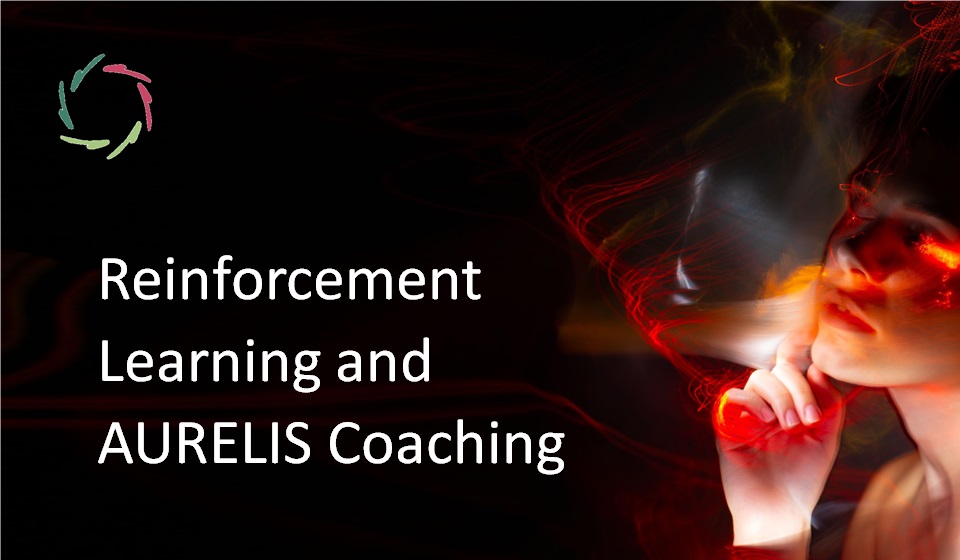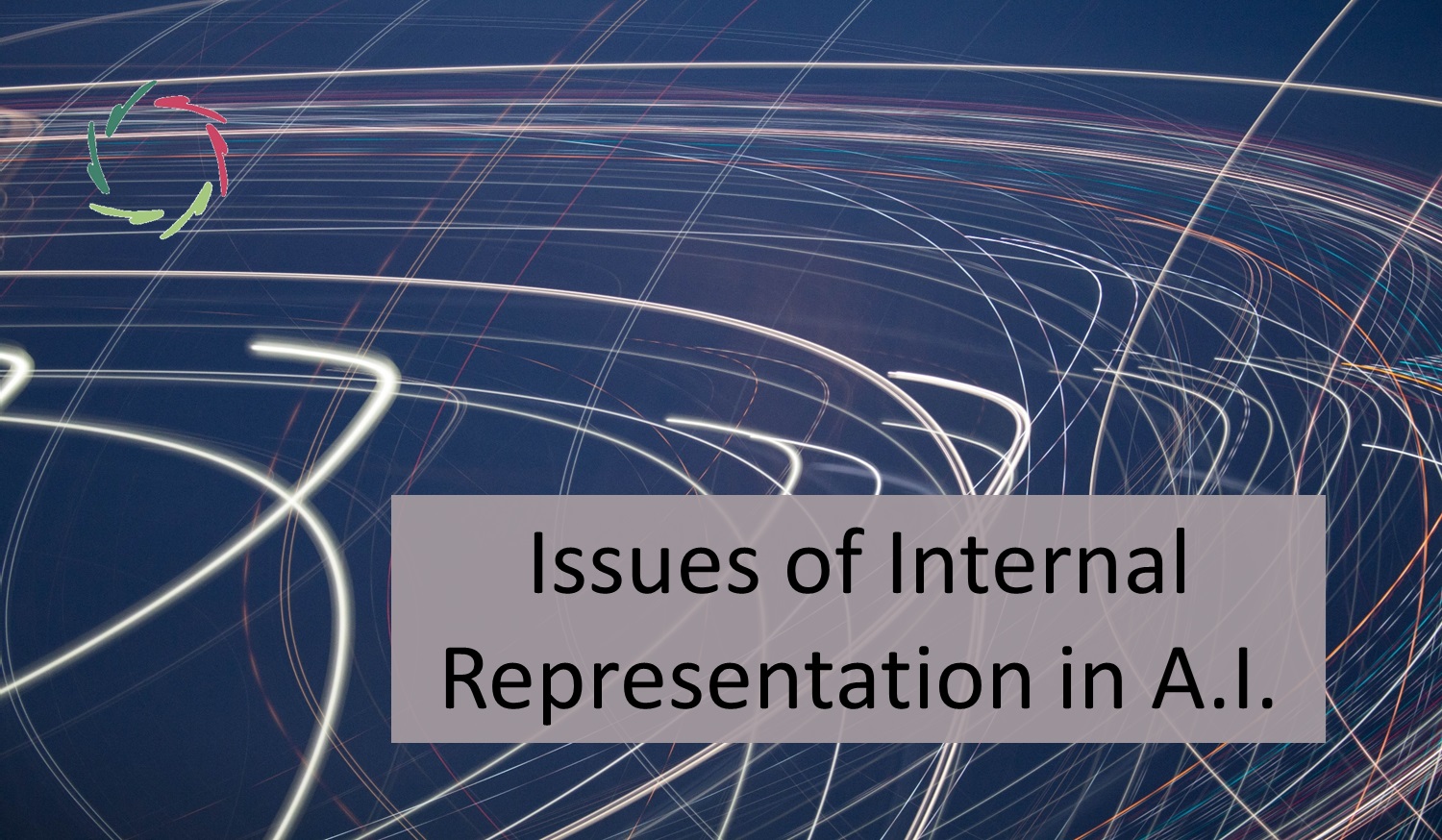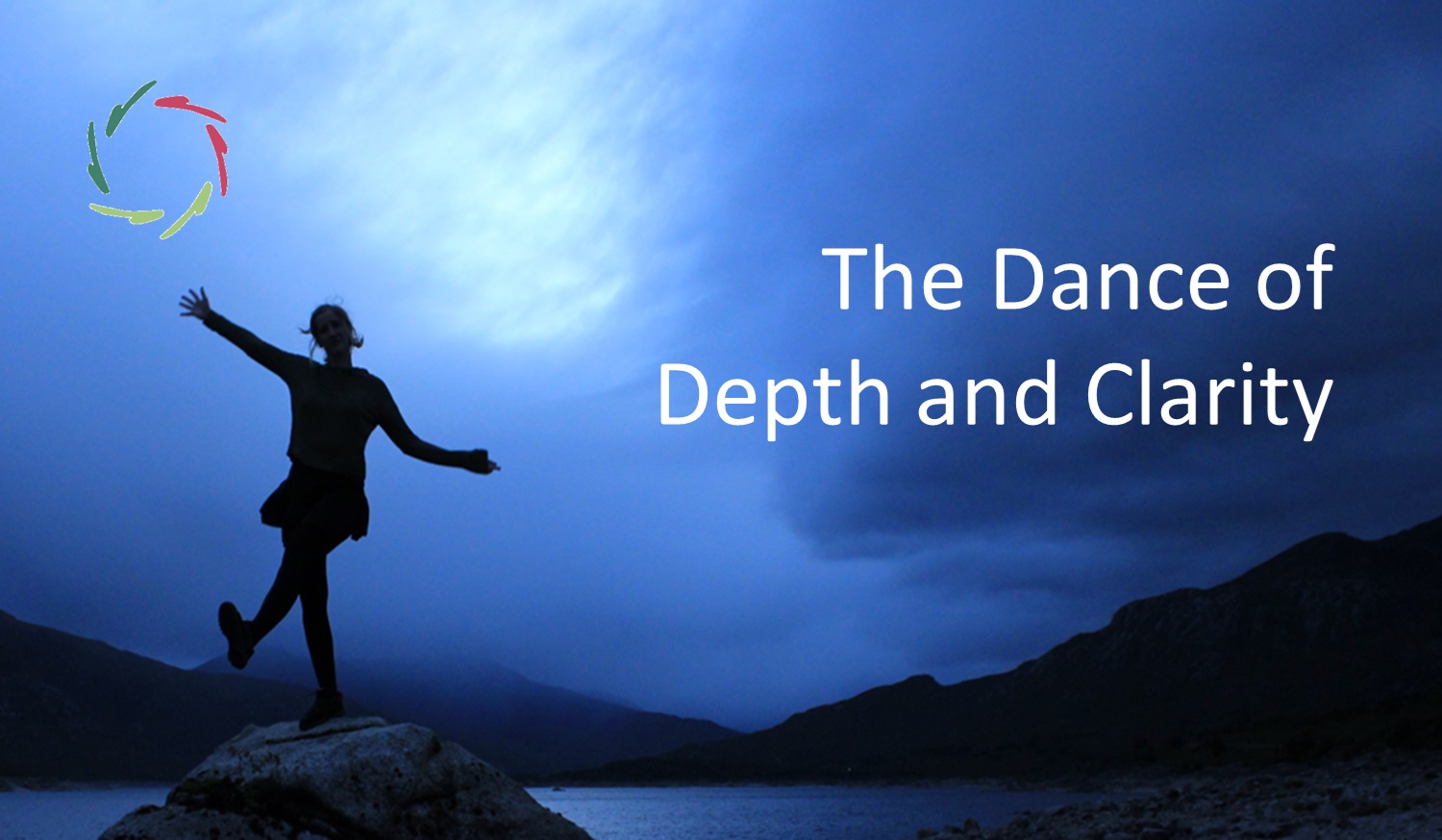Reinforcement Learning and AURELIS Coaching

Reinforcement Learning is a way of thinking that applies to the animal kingdom as well as A.I. Also, it is deeply related to AURELIS coaching.
Please read about Reinforcement Learning (R.L.)
R.L. in AURELIS coaching
Such coaching is always (auto)suggestive. The coach doesn’t impose or even give plain advice. The coaching is tentative without being soft. The coachee is invited to explore new ways of looking at and reacting to things.
The idea behind this is that, given the complexity of the human mind, what doesn’t originate within the coachee isn’t durably positive anyway. It may save the day but only for that day.
So, if the invitation opens in a positive direction, it gets further explored and reinforced. The reward in this (term from R.L.) may lie in the short or long term.
An excellent coach intuits the best ways in the complex landscape of each client — always interesting, always diverse yet recognizable deep down. An AURELIS coach uses specific techniques – oriented towards himself – to become a good ‘instrument,’ enabling the coachee to find paths towards better health and Inner Strength.
Pattern Recognition and Completion (PRC)
An excellent AURELIS coach doesn’t just try out anything indiscriminately. Through PRC, he continually feels and lets the client feel what may be interesting directions to explore. This considerably heightens the efficiency of the coaching. Through recognizing possible patterns in early stages, the coach can – together with the coachee – carefully evolve towards their completion.
The hallmark of good coaching lies in how this process of trial-and-error is accomplished subtly and coachee-friendly. The experience of the coach (through prior coaching and life experiences) determines the patterns he can recognize this way.
This also is related to specific AURELIS techniques. The quality of these – and of how they are enacted – should make the experienced coach more valuable. The robust fact that conceptual psychotherapies hardly contribute to the effectiveness of the average therapist over time makes one think. Maybe it’s because they are seldom coach-oriented?
PRC within R.L. in A.I.
(Sorry for the abbreviations.)
The combination (PRC + R.L.) can be very interesting for A.I. where applicable. Here also, PRC can immensely heighten the efficiency of R.L., especially where ‘deep’ R.L. is otherwise needed (such as supervised learning in need of many samples). Humans can learn from a few interactions because they make use of PRC.
This is plainly applicable in a domain related to human coaching. Lisa is a prime example. It is what Lisa does and how she is internally organized to a large degree. Of course, one shouldn’t underestimate the immense complexity underneath.
On top of this, it seems interesting in any situation of artificial active self-learning or explorative learning ― for instance, advanced robotics or joint medical decision-making. Therefore, there is much overlap between Lisa and all this at an abstract level ― something for future developments? To the degree that A.I. approaches the human situation, more use cases will become relevant.
Organic, especially animal life, is also full of such situations. If you take this view (PRC + R.L.) and look around, you see examples everywhere.
AURELIS coaching in R.L.
As said, the relevant domain is much broader than Lisa.
This makes the application domain of AURELIS coaching techniques also broader ― opening a whole new field of interesting developments in A.I.
The future doesn’t stand still anymore.


